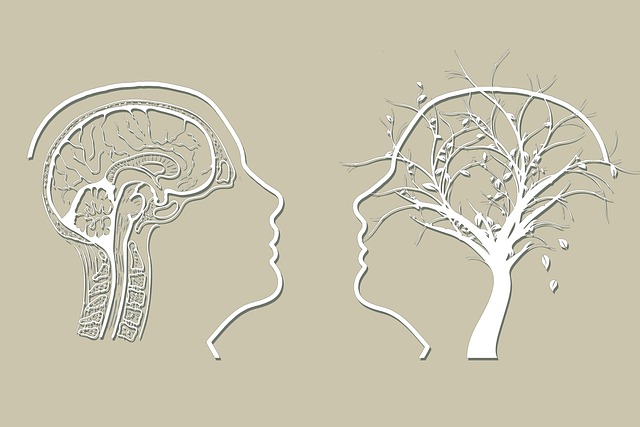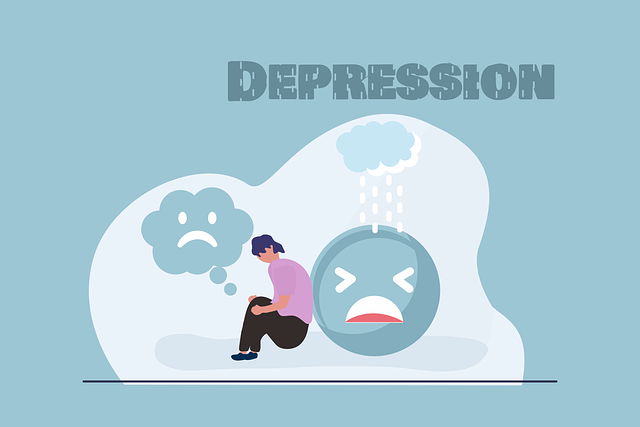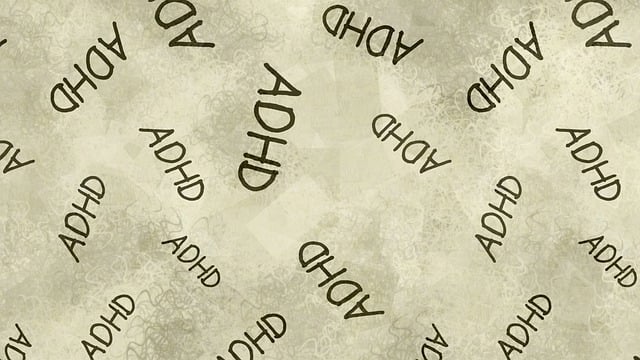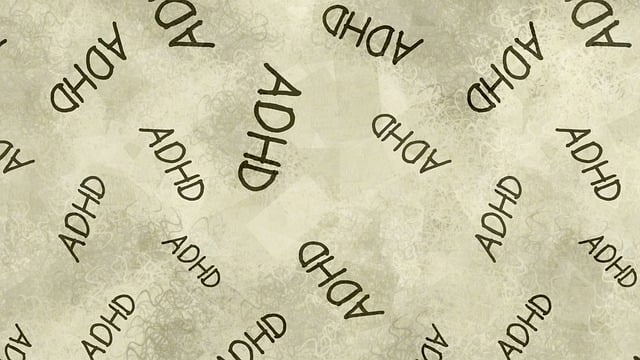Navigating mental wellness in polyamorous and open relationships presents unique challenges for young adults, necessitating specialized therapy approaches. These relationships offer strong support networks but introduce complexities in communication, trust, and boundaries, with young adults often dealing with jealousy management, equal involvement, and balancing individual needs within collective dynamics. Tailored therapy, including relationship inventory questionnaires and mental wellness journaling, equips them with self-care routines and anxiety relief strategies. Effective evaluation methods consider the interconnectedness of multiple partners, fostering healthy communication and strengthening self-care practices. Collaborating with support groups, community organizations, and advocacy groups specializing in non-traditional relationships enhances long-term mental wellness and contributes to a more inclusive society for young adults in polyamorous and open relationships.
In today’s diverse romantic landscapes, mental wellness programs must adapt to cater to young adults in polyamorous and open relationships. This article explores unique challenges and effective evaluation methods tailored to these communities. We delve into assessing mental health within polyamory, highlighting current gaps and proposing innovative strategies. From identifying suitable therapy models to measuring individual and collective improvements, we offer insights that enhance support systems and foster long-term wellbeing for young adults navigating these complex relationships.
- Understanding the Unique Needs of Young Adults in Polyamorous and Open Relationships
- Assessing Mental Wellness within These Relationships: Current Challenges
- Effective Evaluation Methods for Therapy in Polyamorous Communities
- Measuring Individual and Collective Mental Health Improvement
- Enhancing Support Systems: Post-Evaluation Strategies for Long-Term Wellbeing
Understanding the Unique Needs of Young Adults in Polyamorous and Open Relationships

Navigating mental wellness within polyamorous and open relationships presents unique challenges for young adults, often requiring tailored approaches in therapy. These arrangements can foster supportive networks but also introduce complexities related to communication, trust, and boundaries. Young adults in such relationships may struggle with managing jealousy, ensuring equal involvement, or balancing individual needs alongside collective dynamics.
Specialized mental health services catering to this demographic are crucial for promoting healthy relationship habits and well-being. Therapy tailored for young adults in polyamorous and open relationships can help them develop robust self-care routines for better mental health, addressing specific concerns like anxiety relief. Moreover, these sessions could inspire the production of a mental wellness podcast series, offering peer support and education on topics relevant to their experience.
Assessing Mental Wellness within These Relationships: Current Challenges

Assessing mental wellness within polyamorous and open relationships presents unique challenges in comparison to more traditional therapeutic settings. The dynamic nature of these connections often involves complex communication strategies and self-care practices tailored to diverse individual needs. While therapy for young adults in these relationships can be highly beneficial, evaluating the effectiveness of such programs is intricate.
Current methodologies struggle to capture the nuanced impact on mental health when considering the interconnectedness of multiple partners and their respective influences. Self-care routine development for better mental health becomes a crucial aspect in these contexts, as individuals must navigate personal boundaries, emotional labor distribution, and open dialogue within their relationships. Effective evaluation methods should incorporate these complexities, ensuring that interventions are tailored to foster healthy communication strategies and strengthen self-care practices specific to polyamorous and open relationship dynamics.
Effective Evaluation Methods for Therapy in Polyamorous Communities

In the context of therapy for young adults navigating polyamorous and open relationships, effective evaluation methods are crucial to measure progress and ensure tailored support. Unique challenges often accompany these relationship structures, including managing jealousy, defining boundaries, and fostering communication. Therefore, therapists should employ assessment tools that specifically address these dynamics, such as relationship inventory questionnaires designed for non-monogamous couples. These tools help identify individual and collective needs, enhancing the therapy experience.
Mental illness stigma reduction efforts play a significant role in creating a safe space for young adults to explore their relationships openly. Confidence-boosting techniques, coupled with mental wellness journaling exercises guidance, can empower individuals to articulate their feelings and experiences honestly. By incorporating these methods, therapists enable clients to document their emotional journeys, track progress over time, and gain valuable insights into their mental wellness states, ultimately facilitating more effective therapy outcomes in polyamorous communities.
Measuring Individual and Collective Mental Health Improvement

Evaluating mental wellness programs involves assessing both individual and collective improvements in mental health. For young adults exploring polyamorous or open relationships, tailored therapy sessions can significantly enhance emotional healing processes. By integrating cultural sensitivity into mental healthcare practice, therapists cater to diverse needs, ensuring that each individual feels understood and supported. This approach fosters a safe space for clients to express their unique experiences, strengthening the therapeutic bond.
Measures such as self-reported surveys, clinical assessments, and peer feedback can gauge progress. For instance, Mindfulness Meditation techniques often included in these programs help participants manage stress and anxiety levels. Over time, consistent practice leads to improved mental clarity and emotional regulation, reflecting a holistic improvement in mental wellness among both individual clients and the community at large.
Enhancing Support Systems: Post-Evaluation Strategies for Long-Term Wellbeing

After evaluating mental wellness programs, particularly those focusing on unique demographics like young adults practicing polyamorous and open relationships, enhancing support systems is crucial for long-term wellbeing. Post-evaluation strategies should extend beyond immediate program improvements to cultivate a sustainable network of support. This can involve connecting participants with local support groups or online communities that cater to their specific needs, fostering an environment where they feel understood and accepted. Additionally, integrating communication strategies into post-program follow-ups can strengthen connections between participants, facilitators, and external resources, ensuring ongoing mental health support.
Implementing these strategies requires collaboration with mental health professionals, community organizations, and advocacy groups specializing in polyamorous and open relationships. By addressing the unique stressors faced by this demographic through tailored stress management techniques and leveraging mental health policy analysis and advocacy, support systems can be fortified. This holistic approach not only improves individual mental wellness but also contributes to a more inclusive and supportive societal landscape for young adults navigating non-traditional relationships.
The evaluation of mental wellness programs tailored to young adults in polyamorous and open relationships is a complex yet vital task. By understanding the unique challenges and needs within these communities, we can implement effective assessment methods. The article has explored various strategies, from recognizing individual struggles to fostering collective improvement. Incorporating these insights into therapy practices ensures that support systems are enhanced, promoting long-term mental health for young adults navigating non-traditional relationships. Specifically, focusing on the specific needs of this demographic through specialized evaluation methods is key to providing appropriate care and fostering healthy development in polyamorous and open relationship contexts.









